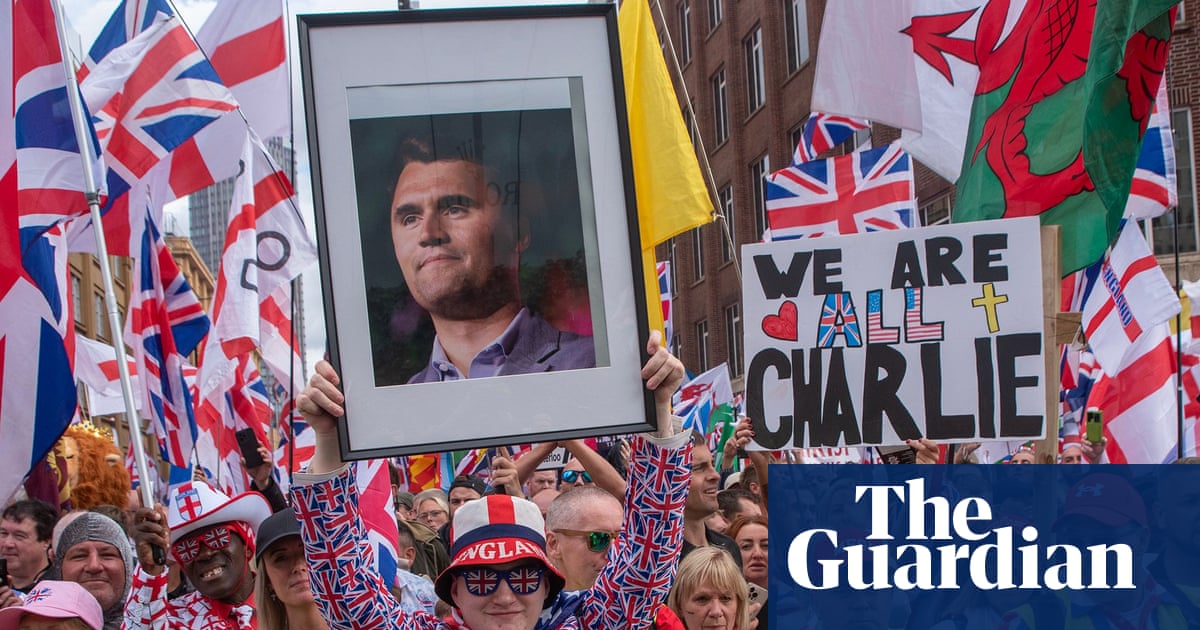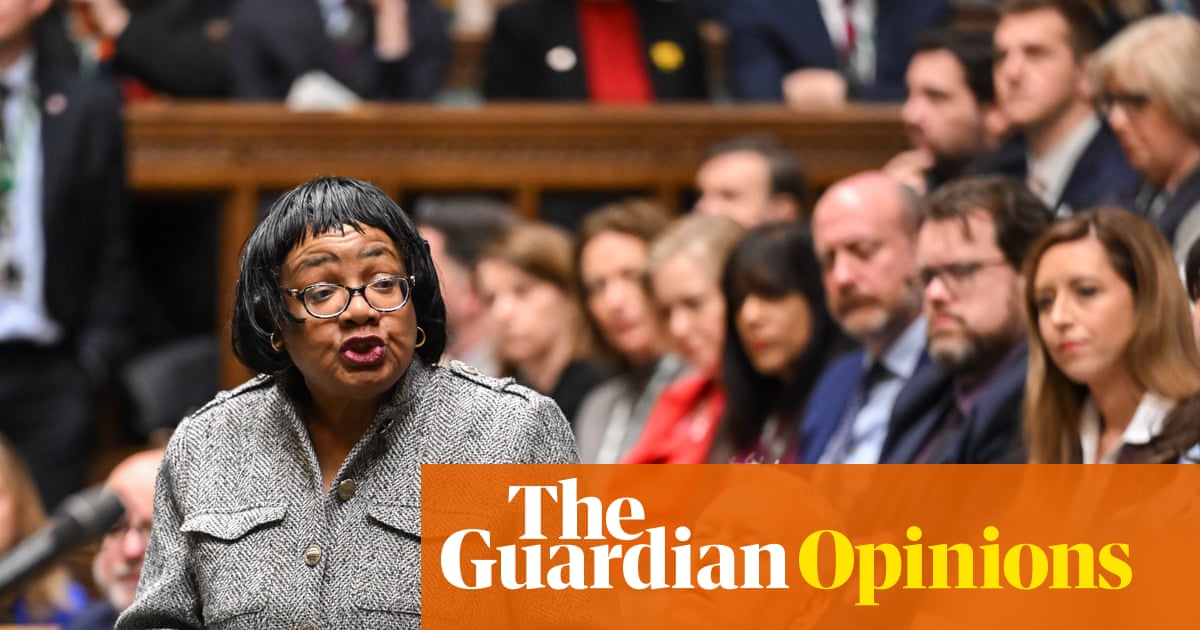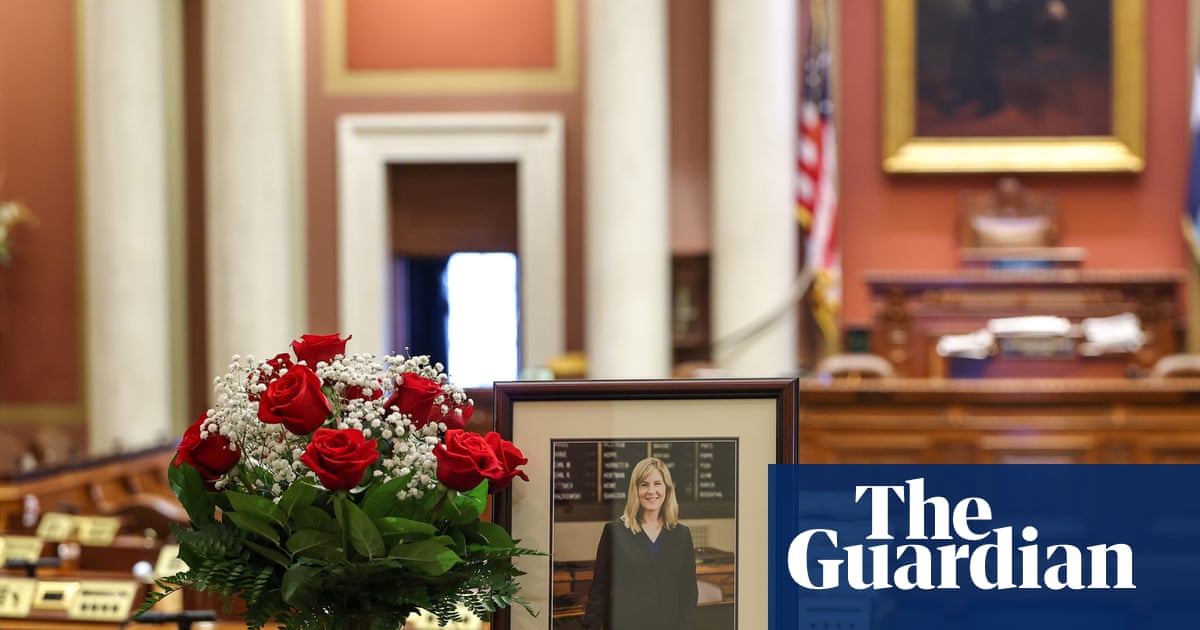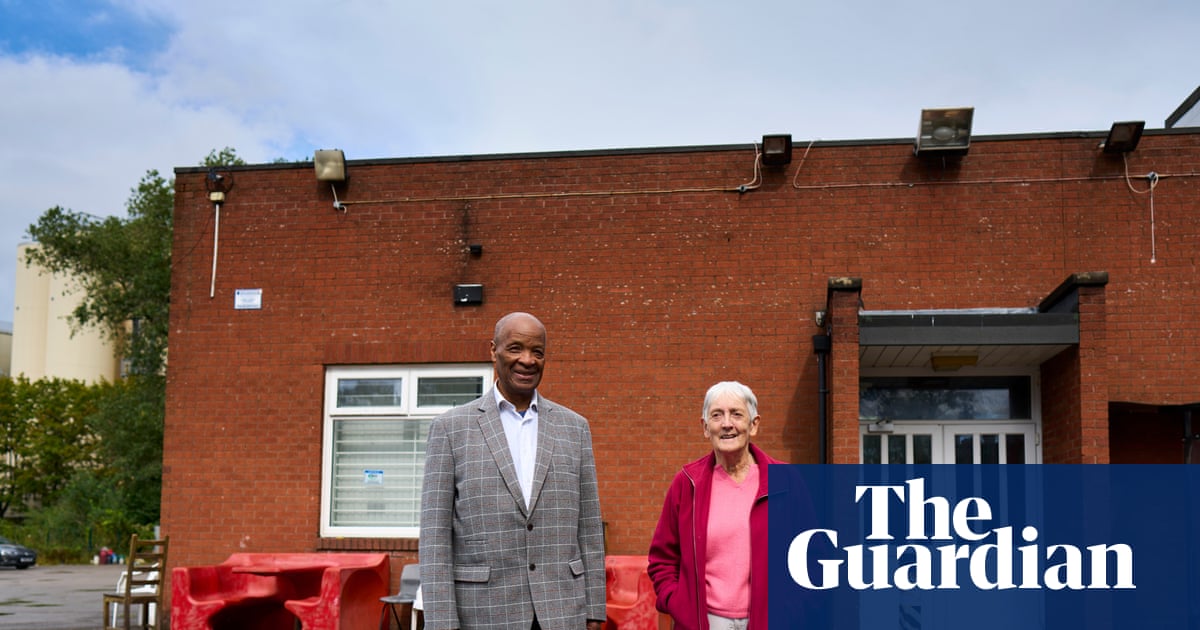As Labour continues its inquest into the reasons for its local election losses, attention has focused on the pensioners’ winter fuel allowance and the changes in incapacity benefit. And in the past few days, there have been internal criticisms of the decision to delay the publication of its child poverty review.
But Keir Starmer and Rachel Reeves have made the right call in delaying until the autumn. This new timetable means that the government is not only consulting widely, determined that Labour must never lose its reputation for fairness, but also considering how to fund the changes the child poverty review will propose – something only the budget can address. I know from my 10 years as chancellor that the public spending statement Reeves will deliver next month (which is not like a budget where tax and spending announcements are made together) will not be able to undo the scale of the damage done to the 4.5 million children in poverty – the ever-increasing victims of the long tail of Tory austerity.
Only a budget in which, for example, a gambling or a banking levy can be announced, can generate the more than £3bn that would cover the estimated cost of abolishing the two-child cap and take nearly half a million children out of poverty to meet the election promise “to end mass dependence on emergency food parcels”, and honour the mandate given to the child poverty taskforce in this parliament to ensure a “reduction in child poverty”. By investing in children, we will affirm our moral purpose and deliver the promised “decade of national renewal”.
The Conservative years of austerity may now feel distant in our minds. But from their political grave, David Cameron and George Osborne’s pre-determined, post-dated decisions are still casting a dark shadow, making Labour’s task difficult. The two-child limit was announced in 2017, but applied only to children born after that time. This timebomb set by the Conservatives means that about 50,000 more children each year experience its poverty-making effects – this will continue until 2035, when the policy will finally apply to every family with a third child under 18.
Already nearly one in two children in Birmingham (46%) and Manchester (44%) are living in poverty, and in some local communities the figure rises to 85%. By the time the Tory policy agenda has run its course, more than five million children will have been cast into poverty. Shakespeare was right: “The evil that men do lives after them.”
For a time, the bogus self-serving Tory claim seemed acceptable to the public: that middle-class parents were unable to afford to have more children because they were paying taxes to subsidise work-shy, feckless parents having additional children just to game the benefit system.
But this allegation was never accurate. About 70% of children in poverty – more than 3 million – are in working families, and most of the rest are in families hit by sickness, redundancy or a shortage of childcare. Indeed, we know that most of the half a million children who have been thrust into poverty in the past few years are not part of a permanent class of families trapped in dependency culture: instead, 60% of families caught by the two-child benefit rule have at least one adult in work. If the Conservatives had listened to parents, they would have discovered that it is invariably family crises, like a bereavement, cancer, or time out of work between jobs, that caused them to fall temporarily below the poverty line.
To her credit, in her spending review, Reeves will announce radical measures to prevent homelessness and destitution especially in 75 of the UK’s most deprived areas, including introducing more breakfast clubs and new family hubs, along the lines of Sure Start, which helped a previous generation of children from low-income families realise their talents. And she will be able to show from the success of Sure Start that savings from early interventions are twice as big as the costs.
But child poverty cannot be eradicated by breakfast clubs or family hubs alone. Breakfasts are worth about £9 a week off the family budget, and cannot compensate for the harm caused by Osborne’s cut in benefits of £66 a week for a family with three children, and £132 from a family of four. Indeed, evidence shows that the most cost-effective way to take 350,000 children out of poverty immediately and rescue 700,000 from deep poverty is replacing the two-child rule. If this is the case, the public say they will support the change.
According to new opinion polling that I commissioned, Seventy-five percent also believe poverty is “morally wrong” and almost as many are acutely embarrassed that Britain has fallen far behind Ireland, the Netherlands and the Nordic countries in the way we treat our most vulnerable children.
There are a number of ways in which we can remedy this injustice. Frame new spending around an education premium or special financial support to help children be properly fed and equipped to succeed at school. If only 65% of children are poverty-free at the age of five, it is impossible to achieve the government’s most recently stated objective of 75% of children being ready for school by 2028. The government could also place conditions on its receipt, from requiring children to attend school or parents to attend parenting classes. What matters is that children should not suffer and have their potential destroyed because of poverty.
According to the new poll, the public not only agrees that we must invest in the next generation, but also that all of us benefit if children grow up to be healthy, educated and productive members of society. Once “don’t knows” are eliminated from the sample, 85% favour a £3bn tax on gambling, and 75% favour a tax on the banks – most also agreeing to earmark the money for poverty reduction.
That is one reason why changing the two-child rule will have support from the Lib Dems, the nationalist parties in Scotland and Wales, the Greens and Reform UK. But do note the Farage promise to restore tax credits to children in low-income families has to be set against his “Contract with you”, which would hit the very same children with £150bn of spending cuts, and the effective privatisation of the NHS.
Fairness has always been a watchword of the British public. A fairness guarantee would mean that no one is condemned to poverty as a result of changes in pensioners’ allowances or incapacity benefit. This funding for an anti-poverty lock would also mean that every child is prepared for school and supported during their schooling. For the first time in 15 years, we can ensure for that all children get the finest possible start in life.
-
Gordon Brown was UK prime minister 2007 to 2010

 3 months ago
127
3 months ago
127

















































